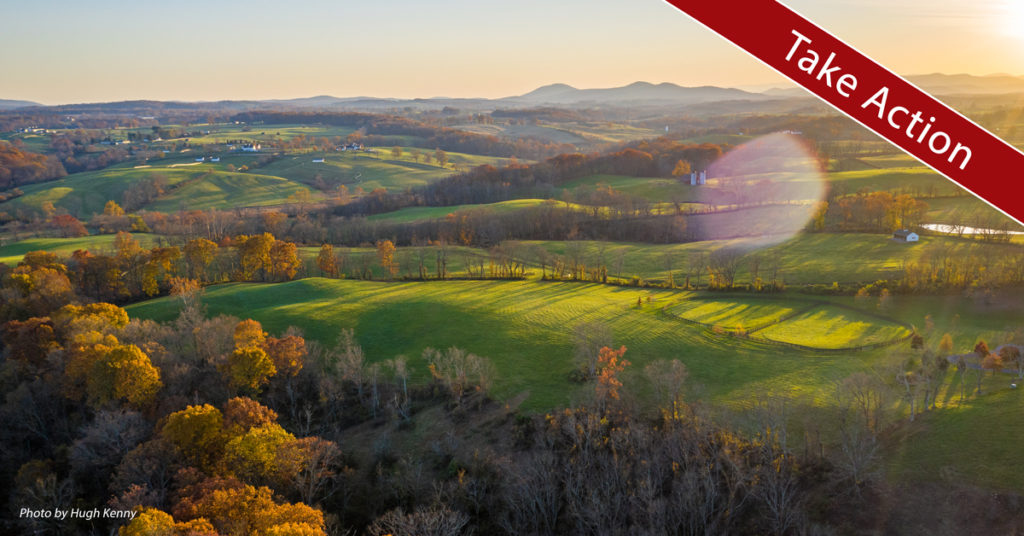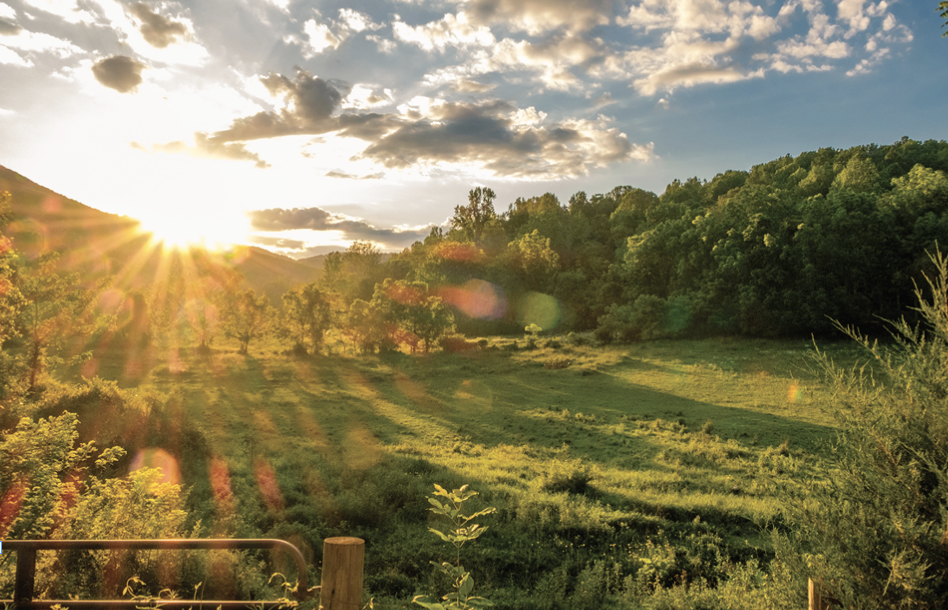Good news! On Tuesday, January 26, Senator Stuart’s attempt at a floor substitute for SB 1199 was defeated. This allowed the bill that came out of full committee to proceed to a floor vote. On Wednesday, January 27, SB 1199 was read a third time and passed the Senate on a 25-14 vote. You can see the full vote count here: https://lis.virginia.gov/cgi-bin/legp604.exe?211+vot+SV0144SB1199+SB1199
The bill’s house companion, HB 1760 (Webert / Gooditis), passed the house 100-0, putting the legislation on the path to final passage (barring any unforeseen mischief).

A troubling development occurred Friday afternoon on the Senate floor. Our priority land conservation legislation (SB 1199 Petersen) was derailed by the introduction of an unfriendly substitute from Senator Stuart. If accepted, this change would entirely defeat the purpose of the bill. The Senate will consider the substitute during Monday’s floor session. Please ask your state senator to reject the proposed substitute and support the original legislation as passed by the full committee.
Conservation easements are one of the most effective ways to protect farmland, forests, water quality, scenic and historic resources for current and future generations. SB 1199 preserves the integrity of all existing conservation easements, ensuring that disputes over terms are decided in favor of the conservation purpose of the easement, reflecting the intent of the original easement donor.
Send a Letter to Your Senator
Ask your state senator to stop this substitute and support SB 1199. Take action ASAP!
More information

Conservation easements are one of the most effective ways to protect farmland, forests, water quality, scenic and historic resources for current and future generations. Private landowners work with state and federal agencies, along with nonprofit land trusts, on easement terms that protect the public values laid out in the Virginia Conservation Easement Act and the Open-Space Land Act.
These easements are legally binding agreements that stay with the land in perpetuity, ensuring that their natural and cultural resources are protected even if the property is sold. Although rare, there have been several recent legal cases in which new landowners dispute the land uses that are and are not permitted under the conservation easement.
A 2016 Virginia Supreme Court ruling made clear that legislation is needed to clarify how courts should handle these disputes. The introduced bills SB 1199 (Petersen) and HB 1760 (Webert/Gooditis) would direct the courts to interpret the easement terms based on the original intent of the conservation easement donation and their protection of public benefits.

